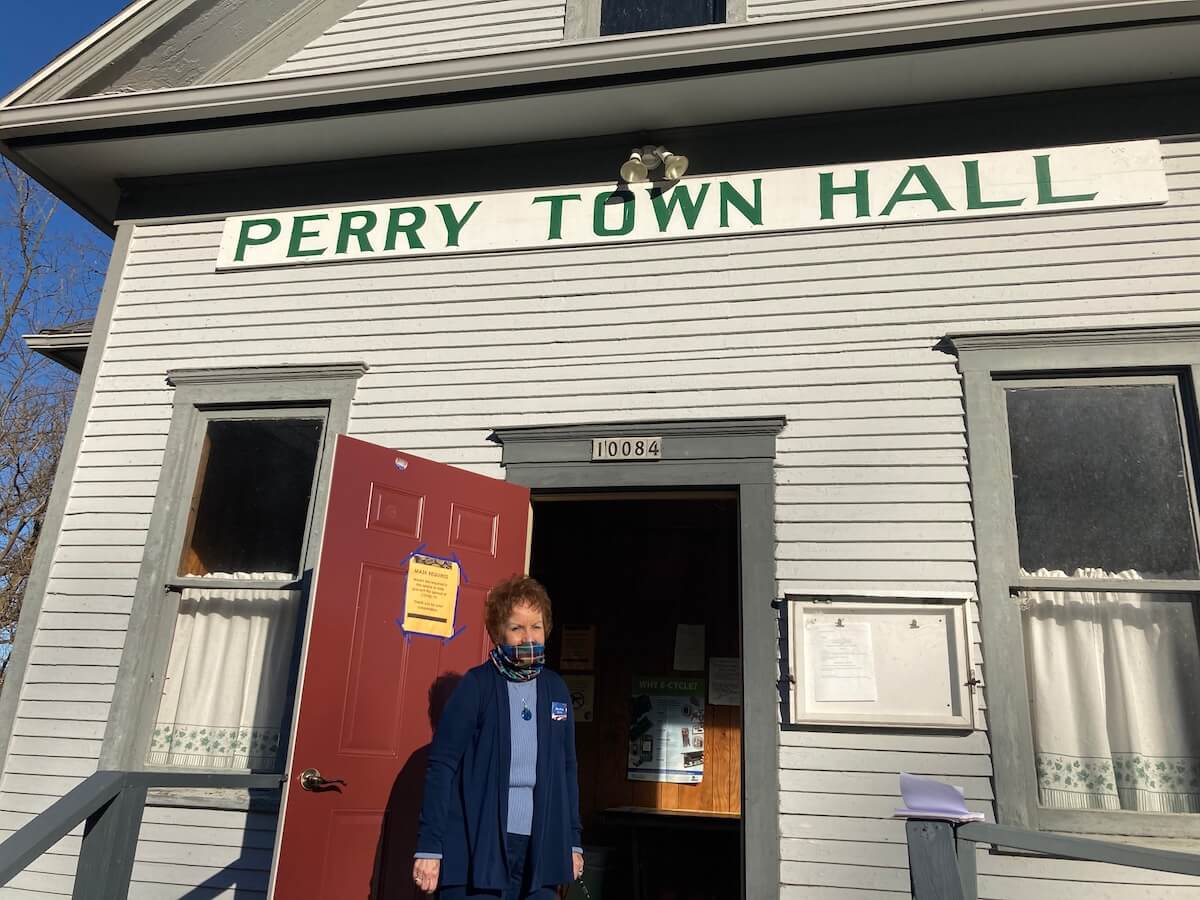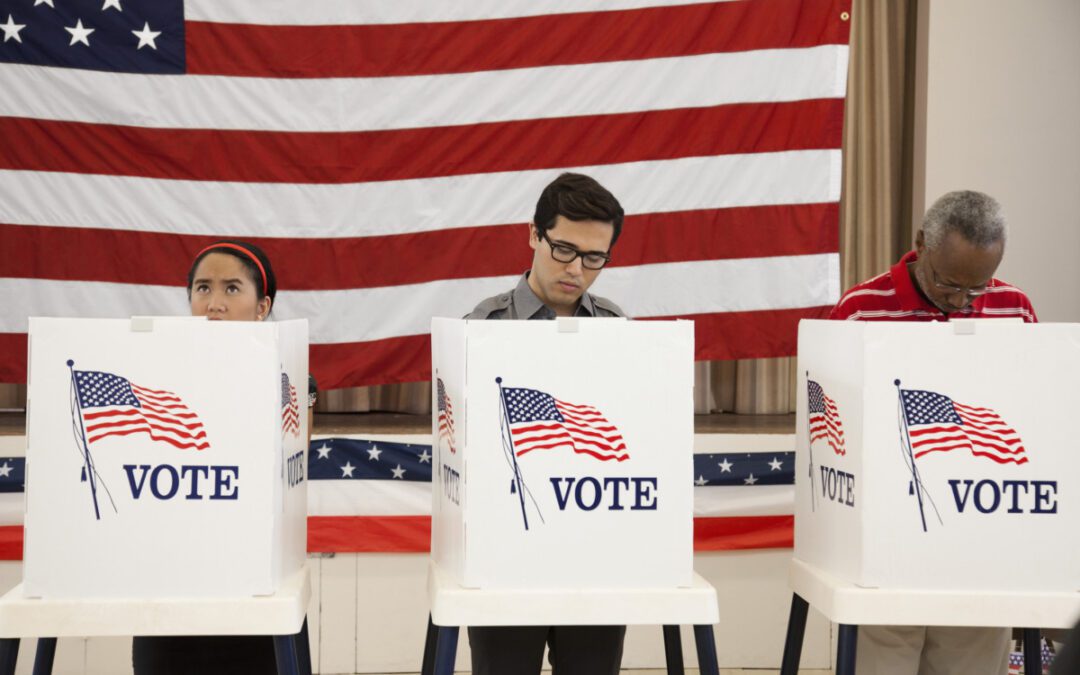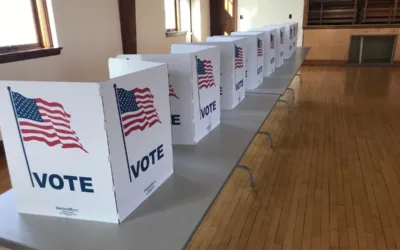
#image_title
Recent upgrades made possible through Coronavirus Aid, Relief, and Economic Security Act grant.
Voters were already lining up outside the 109-year-old Perry Town Hall in the southwestern-most corner of Dane County before the rays of the rising sun reached the bottom of the valley.
“Our doors opened at 7 a.m., and we already had a line 15 minutes before that,’’ said poll worker Cindy Way. “The line never went away for the first hour we were open.”
What’s remarkable is that 252 of the town’s 561 voters, or 45%, had already cast their ballots before Election Day, said Clerk Mary Price. She said that those who voted early did so via absentee ballots or during two early voting sessions held in October.
“We had them on Saturday mornings so we got a lot of people coming and going to the town dump,’’ she said.
Kevin Esser voted on Tuesday, saying it was easier to just come to the town hall than to deal with the paperwork of early voting.
“I’m scared to death about this election,’’ Esser said. “I think the Democrats have the votes but I’m worried Trump won’t leave office.”
Diane Reilly voted absentee in previous elections this year, but came to the town hall Tuesday.
“This one is worth coming in for in person,’’ she said. “But I think it’s going to be a week before they figure out who won. It’s going to be crazy.”
Perry voters experienced several firsts on Election Day. It’s the first time the town hall, built in 1911 as the Forward rural school, has had indoor toilets or an internet connection, thanks to a grant through the Coronavirus Aid, Relief, and Economic Security Act.
Clerk Price says the WiFi will allow her to take photos of the voting machine tape and email them to election officials. Cell phones still don’t work in the valley.
It’s also the first time an election observer has been assigned to Perry.
Elizabeth Gracie, a Chicago tax attorney, sat quietly in the corner, observing the voting and making sure no eligible voters are turned away or discouraged from voting. Gracie was trained by the Democratic Party of Wisconsin, and will report any problems to the party.
Gracie is a graduate of the University of Wisconsin law school and a member of its board of visitors. It’s the third time she’s observed an election in Wisconsin, but the first time in a setting so rural.
She isn’t allowed to talk to voters inside the polling place. But if a voter is turned away, for lack of an acceptable ID, for example, she can talk to them outside and make sure they know they have the right to file a provisional ballot, and return later with an acceptable ID.
“We try to encourage them to cure whatever problem caused them not to be able to vote,’’ she said.

Opinion: Why I’m voting for the first time, as Gen Z
This is the first election that Up North News’ editorial intern, Josh Skarda, will be able to vote in – here’s why this election is important to him...

Opinion: Win or Lose, We Must Trust in Our Electoral Systems
Election season is upon us and the political tension in America is palpable. Political tribalism has become an increasingly prevalent issue and...

Opinion: Vote no on MAGA faction’s purposely misleading August ballot questions
A Better Wisconsin Together urges voters to vote no on the two proposed amendments on the ballot this August. The August 13 state primary election...

Opinion: Voting in Wisconsin is accessible and secure
As absentee ballot drop boxes return to Wisconsin, false claims about voting fraud continue. The Wisconsin Supreme Court recently ruled that...




